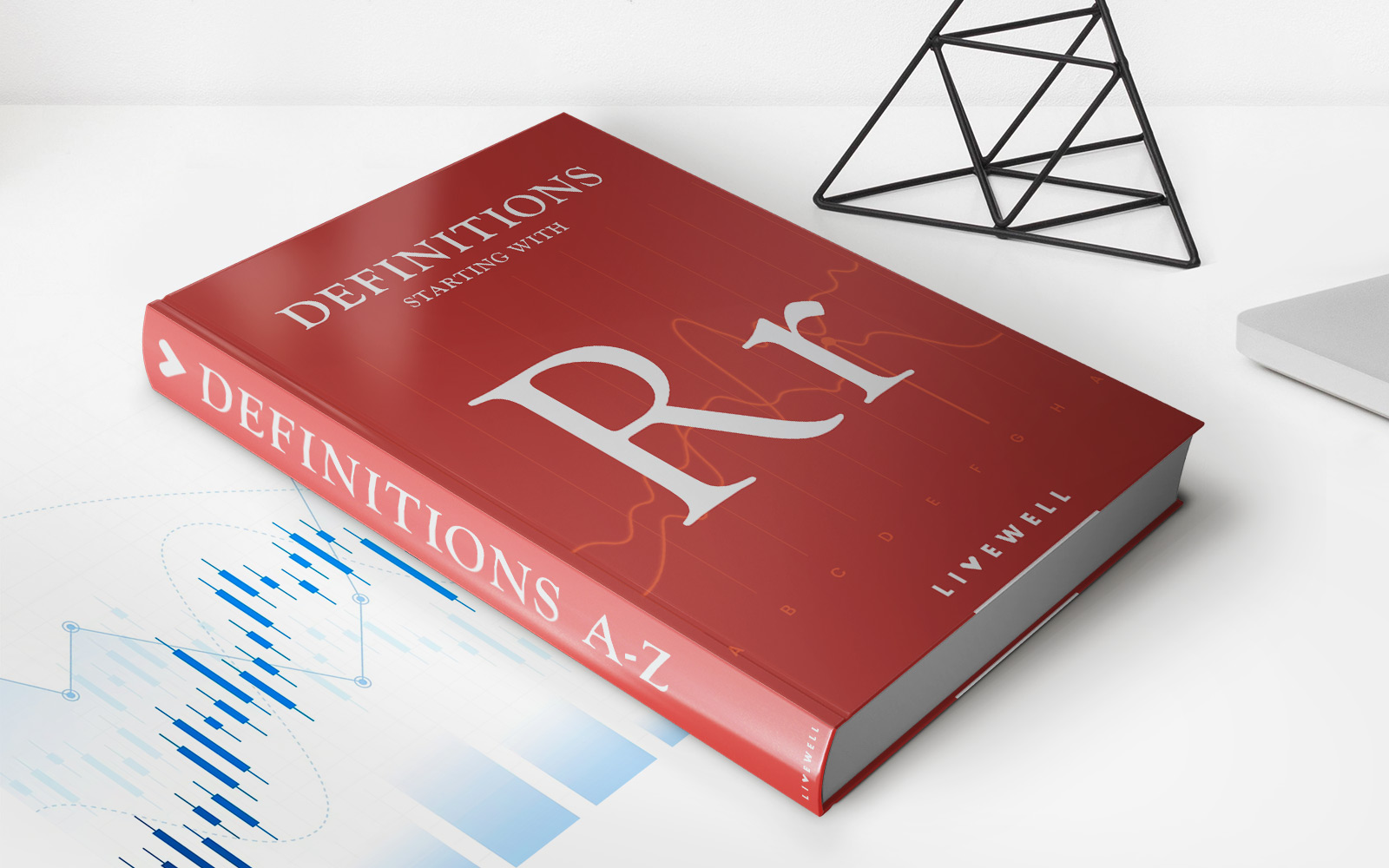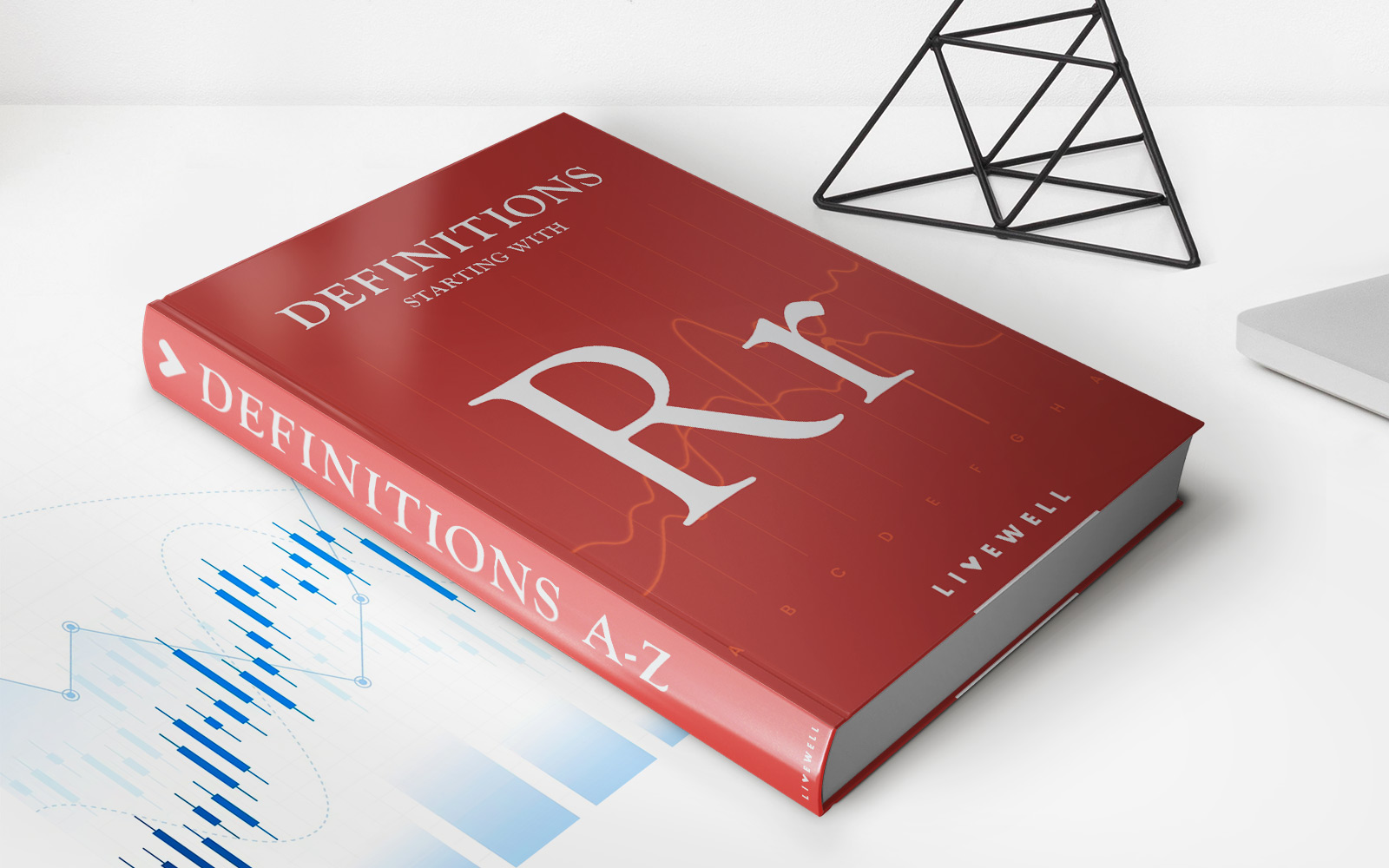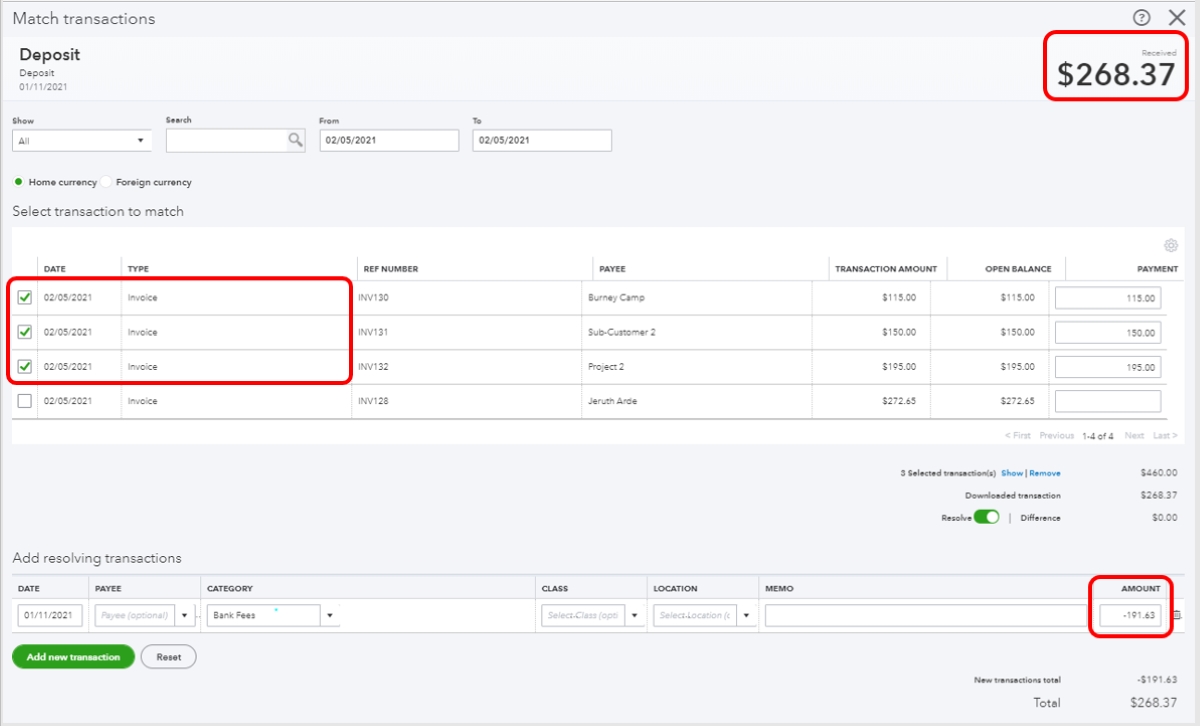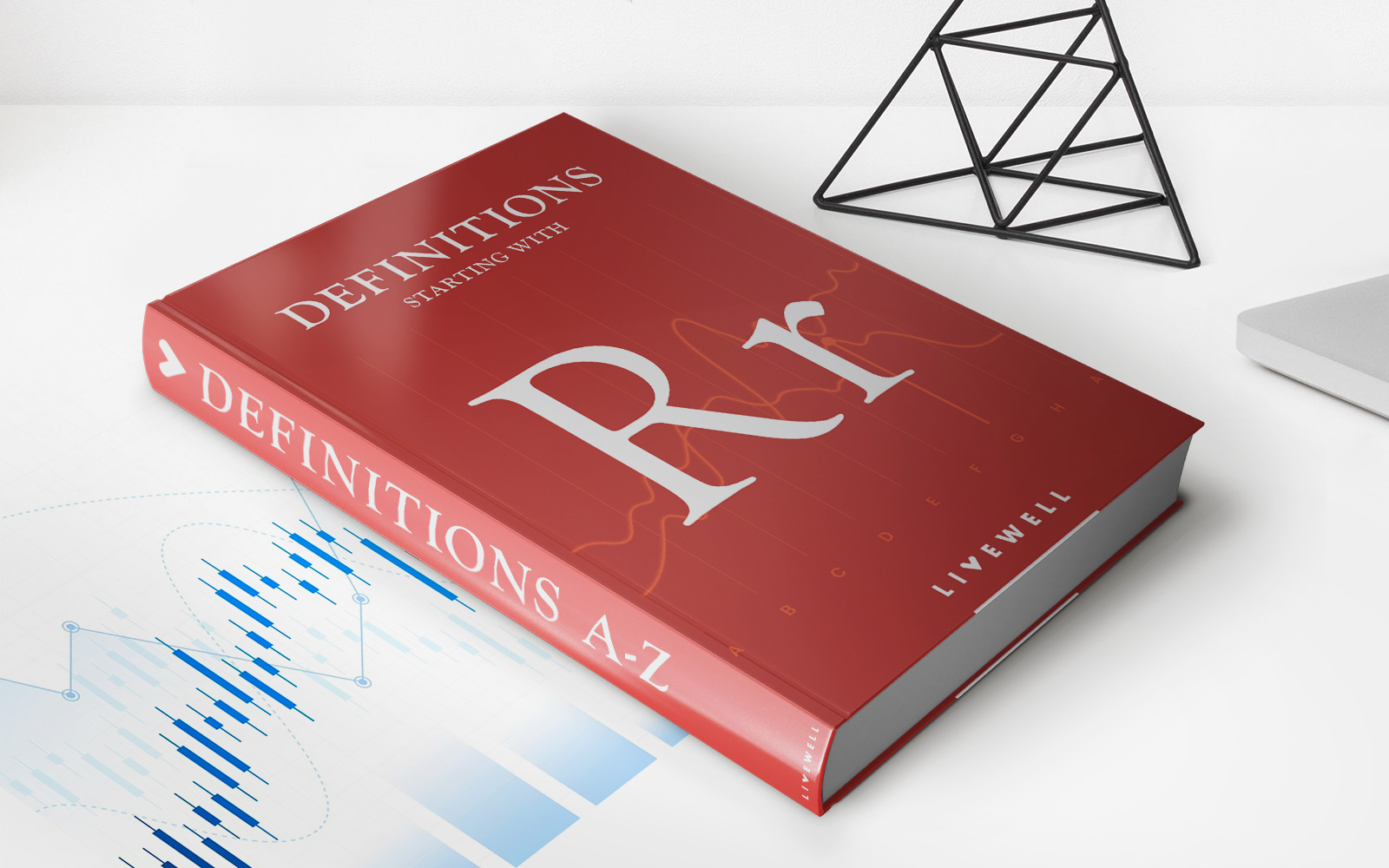

Finance
What Is Global Investment Research?
Published: October 17, 2023
Discover the role of global investment research in finance, providing crucial insights and analysis for informed decision-making. Learn how it impacts investment strategies and drives financial success.
(Many of the links in this article redirect to a specific reviewed product. Your purchase of these products through affiliate links helps to generate commission for LiveWell, at no extra cost. Learn more)
Table of Contents
- Introduction
- Definition of Global Investment Research
- Importance of Global Investment Research
- Role of Global Investment Research in Financial Decision Making
- Functions of Global Investment Research
- Global Investment Research Process
- Key Skills and Qualifications for Global Investment Research Analysts
- Challenges and Opportunities in Global Investment Research
- Conclusion
Introduction
In the world of finance, making informed investment decisions is crucial for individuals and businesses alike. One of the key components in this decision-making process is global investment research. Global investment research provides valuable insights and analysis on various financial instruments and markets, helping investors make well-informed decisions.
In simple terms, global investment research can be defined as the collection, analysis, and interpretation of financial data and market trends on a global scale. It involves in-depth analysis of companies, industries, and economies to provide recommendations and insights to investors.
The importance of global investment research cannot be overstated. In an increasingly interconnected world, where markets are influenced by events across the globe, having access to comprehensive and accurate information is crucial. With the rise of digital technology and the availability of vast amounts of data, global investment research plays a pivotal role in helping investors navigate the complex financial landscape.
Global investment research enables investors to identify and assess potential investment opportunities. It provides a deep understanding of market dynamics, industry trends, and company financials, allowing investors to make informed decisions about where to allocate their capital.
Furthermore, global investment research helps investors assess the risks associated with investments. By analyzing factors such as market volatility, regulatory changes, and geopolitical events, research analysts can provide valuable insights into the potential risks and rewards of specific investment opportunities.
The role of global investment research is not limited to individual investors. Institutional investors, such as pension funds, hedge funds, and asset management firms, heavily rely on research reports to guide their investment strategies. These institutions often have dedicated research teams that provide in-depth analysis and recommendations to support their investment decisions.
Global investment research is a dynamic process that constantly evolves. With advancements in technology and the increasing availability of data, research analysts need to adapt and stay up-to-date with the latest trends and tools. This ever-changing landscape presents both challenges and opportunities for those involved in global investment research.
In the following sections, we will explore the importance of global investment research, the role it plays in financial decision making, the functions it encompasses, and the skills required to excel in this field.
Definition of Global Investment Research
Global investment research can be defined as the comprehensive analysis and evaluation of financial instruments and markets on a global scale. It involves collecting and interpreting data from various sources to provide insights and recommendations to investors, enabling them to make informed decisions.
Global investment research encompasses a wide range of financial assets, including stocks, bonds, commodities, currencies, and derivative products. Research analysts analyze market trends, company financials, industry dynamics, and macroeconomic factors to evaluate the potential risks and rewards associated with different investment opportunities.
The research process involves gathering data from multiple sources, such as company financial statements, industry reports, government publications, and market data providers. Analysts then analyze this data using various quantitative and qualitative techniques to uncover patterns, identify opportunities, and assess risks.
The primary goal of global investment research is to provide actionable insights to investors. This includes generating investment recommendations, estimating fair values for financial instruments, and offering insights into market trends and dynamics. These insights help investors make well-informed decisions and optimize their investment portfolios.
It is important to note that global investment research is distinct from other forms of financial analysis, such as investment banking research or sell-side research. While investment banking research focuses on providing insights for clients related to specific transactions or deals, global investment research has a broader scope and aims to provide objective analysis and recommendations to a wider range of investors.
Global investment research can be conducted by various entities, including financial institutions, investment banks, asset management firms, and independent research providers. Research teams within these organizations are typically composed of experienced analysts who possess a deep understanding of financial markets, industry dynamics, and economic trends.
In summary, global investment research is the process of analyzing and evaluating financial instruments and markets on a global scale to provide insights and recommendations to investors. It plays a vital role in helping investors make informed decisions, manage risks, and optimize their investment portfolios.
Importance of Global Investment Research
Global investment research is of utmost importance in the world of finance for both individual and institutional investors. It provides crucial insights and analysis that help investors make informed decisions, manage risks, and maximize returns on their investments.
One of the key reasons global investment research is important is its ability to provide investors with a competitive edge. In today’s fast-paced financial markets, having access to timely and accurate information is essential. Research analysts delve into vast amounts of data, analyzing market trends, company financials, and macroeconomic factors to uncover investment opportunities that may go unnoticed by others. This expertise allows investors to identify undervalued assets, emerging trends, and potential market inefficiencies, providing them with a competitive advantage in their investment strategies.
Furthermore, global investment research enables investors to assess the risks associated with their investment decisions. By analyzing market volatility, regulatory changes, and other factors, research analysts provide valuable insights into the potential risks and rewards of specific investment opportunities. This risk assessment helps investors make more informed decisions and manage their portfolios effectively to mitigate potential losses.
Another key importance of global investment research is its role in uncovering insights on companies and industries. Research analysts dig deep into company financial statements, industry reports, and other sources of information to evaluate the performance, prospects, and competitive landscape of companies. This analysis helps investors gain a comprehensive understanding of the companies they are investing in, enabling them to make more informed decisions about their investments.
Institutional investors, such as pension funds, hedge funds, and asset management firms, heavily rely on global investment research to guide their investment strategies. These institutions often have dedicated research teams that provide in-depth analysis and recommendations to support their investment decisions. The insights provided by research analysts help these institutional investors allocate their capital efficiently and optimize returns for their clients.
Moreover, global investment research plays a significant role in supporting long-term investment decisions. By analyzing macroeconomic trends, demographic changes, and geopolitical events, research analysts provide insights into long-term investment themes and opportunities. This analysis helps investors align their investments with global trends, positioning them for long-term growth and stability.
Overall, global investment research is of utmost importance in the world of finance. It provides investors with a competitive edge, helps assess risks, uncovers insights on companies and industries, guides institutional investment strategies, and supports long-term investment decisions. By leveraging the insights and recommendations from global investment research, investors can make more informed decisions, optimize their portfolios, and navigate the complex financial landscape with confidence.
Role of Global Investment Research in Financial Decision Making
Global investment research plays a crucial role in the financial decision-making process by providing investors with the necessary information and analysis to make informed choices about their investments. It assists in evaluating potential investment opportunities, managing risks, and maximizing returns. The role of global investment research encompasses various aspects of financial decision making:
Identifying Investment Opportunities: Global investment research helps investors identify potential investment opportunities. Research analysts analyze various financial assets, markets, and industries to uncover undervalued assets, emerging trends, and potential market inefficiencies. By providing insights into companies and industries, research analysts help investors spot investment opportunities that align with their investment objectives.
Evaluating Financial Instruments: Global investment research provides investors with a systematic analysis of financial instruments such as stocks, bonds, commodities, and currencies. Research analysts examine the financial health of companies, evaluate the risks and rewards associated with different investment options, and estimate fair values for financial instruments. This evaluation helps investors make informed decisions about where to allocate their capital.
Assessing Risks: Effective risk management is a critical aspect of financial decision making. Global investment research helps investors assess the risks associated with their investment decisions. Research analysts analyze market volatility, regulatory changes, geopolitical events, and other factors that can impact investment performance. By understanding and evaluating these risks, investors can make informed decisions to mitigate potential losses.
Providing Insights into Market Trends: Global investment research helps investors stay abreast of market trends and dynamics. Research analysts monitor macroeconomic indicators, industry trends, and market conditions to provide valuable insights and forecasts. This information enables investors to anticipate and adapt to market changes, enhancing their ability to make informed decisions.
Supporting Long-Term Investment Strategies: Global investment research plays a crucial role in supporting long-term investment strategies. Research analysts analyze macroeconomic trends, demographic changes, and geopolitical events to identify long-term investment themes. By focusing on long-term trends and opportunities, investors can position their portfolios to capture potential growth and stability over an extended period.
Providing Investment Recommendations: Global investment research analysts provide investment recommendations based on their analysis and insights. These recommendations serve as a guide for investors, helping them make decisions aligned with their investment goals. Research reports often include buy, sell, or hold recommendations, along with supporting analysis and rationale.
Overall, the role of global investment research is to provide investors with the necessary information, analysis, and insights to make informed financial decisions. It helps investors identify investment opportunities, evaluate financial instruments, manage risks, stay updated with market trends, support long-term investment strategies, and receive investment recommendations. By leveraging the role of global investment research, investors can navigate the complex financial landscape with confidence and optimize their investment decisions.
Functions of Global Investment Research
Global investment research serves various functions that are essential in providing investors with comprehensive insights and analysis. These functions help investors make informed financial decisions and optimize their investment strategies. The key functions of global investment research include:
1. Market Analysis: Global investment research conducts extensive market analysis to assess the overall health and trends of financial markets. This includes analyzing market dynamics, trends, and movements to provide investors with a broad understanding of market conditions. Market analysis helps investors identify patterns, spot investment opportunities, and make informed decisions.
2. Company Analysis: Global investment research performs in-depth analysis of individual companies to evaluate their financial health, performance, and future prospects. Research analysts examine company financial statements, industry trends, and competitive landscapes to assess the value and potential risks associated with investing in specific companies. Company analysis provides investors with insights and recommendations regarding specific stocks or securities.
3. Industry Analysis: Global investment research analyzes various industries to understand their dynamics and identify investment opportunities. Research analysts examine factors such as industry growth rates, competitive landscapes, regulatory environments, and emerging trends. Industry analysis helps investors gain insights into specific sectors and make informed decisions about allocating their capital within these sectors.
4. Risk Assessment: Global investment research plays a vital role in assessing investment risks. Research analysts identify and evaluate potential risks associated with specific investments, including market risks, regulatory risks, operational risks, and geopolitical risks. The risk assessment helps investors understand the potential downside and make informed decisions to mitigate risks and protect their investment portfolios.
5. Financial Modeling: Global investment research employs financial modeling techniques to estimate the fair value of financial instruments and assess their potential returns. Research analysts use various quantitative methods to project future cash flows, earnings growth, and valuation multiples. Financial modeling provides investors with valuable insights into the potential upside and downside of specific investments.
6. Investment Recommendation: Global investment research generates investment recommendations based on the analysis and insights gathered. Research analysts provide buy, sell, or hold recommendations for various financial instruments, outlining their rationale and supporting data. Investment recommendations help investors make informed decisions and align their investment strategies with their financial goals.
7. Market Forecasting: Global investment research provides market forecasts to help investors anticipate and plan for future market conditions. Research analysts analyze economic indicators, market trends, and other factors to generate forecasts for specific markets or asset classes. Market forecasting helps investors make strategic decisions and adapt their investment strategies to changing market conditions.
8. Client Support: Global investment research provides client support by addressing investor inquiries, conducting meetings, and offering personalized investment advice. Research analysts interact with clients, providing additional insights and clarifications on research reports and recommendations. Client support ensures that investors have access to the necessary information and support to make informed financial decisions.
By fulfilling these functions, global investment research assists investors in making informed financial decisions, managing risks, and optimizing their investment portfolios. It serves as a valuable resource for investors, providing insights and analysis to navigate the complexities of the global financial landscape.
Global Investment Research Process
The global investment research process is a systematic approach followed by research analysts to collect, analyze, and interpret data in order to provide valuable insights and recommendations to investors. Though specific methodologies may vary across different institutions, the general process typically involves the following key steps:
1. Gathering Data: The first step in the research process is to gather relevant data from various sources. Research analysts collect data from financial statements, industry reports, economic data, news sources, and other relevant publications. This data forms the foundation for the analysis and evaluation of investment opportunities.
2. Conducting Research and Analysis: Once the data is collected, research analysts analyze and evaluate the information. This involves conducting thorough research on individual companies, industries, and markets. Research analysts use a combination of quantitative and qualitative techniques to assess financial performance, industry trends, competitive landscapes, and other factors that impact investment decisions.
3. Financial Modeling: In this step, research analysts employ financial modeling techniques to estimate the fair value of financial instruments and assess their potential returns. They project future cash flows, earnings growth, and valuation multiples using various quantitative methods. Financial modeling provides a framework for assessing the risk and potential profitability of investment opportunities.
4. Risk Assessment: Research analysts evaluate and assess the risks associated with specific investment opportunities. Regulatory changes, market volatility, geopolitical events, and other factors are considered to identify potential risks and their potential impact on investment performance. This risk assessment helps investors make informed decisions and manage their portfolios effectively.
5. Generating Investment Recommendations: Based on the analysis and evaluation of data, research analysts generate investment recommendations. These recommendations may include buy, sell, or hold recommendations for specific financial instruments or investment opportunities. The recommendations are backed by insightful analysis and are intended to guide investors in making informed decisions.
6. Creating Research Reports: Research analysts prepare research reports that document their analysis, insights, and recommendations. These reports provide a comprehensive overview of the investment opportunities and include supporting data and research findings. Research reports are shared with clients and internal stakeholders to guide their investment decisions.
7. Continuous Monitoring and Updates: The research process is an ongoing activity. Research analysts continuously monitor the performance of investments, track market trends, and update their analysis and recommendations as new information becomes available. This process ensures that investors stay informed about the evolving market conditions and can adapt their investment strategies accordingly.
8. Client Communication: Throughout the research process, research analysts communicate with clients to understand their investment objectives, provide updates on the research findings, and address any questions or concerns. Client communication plays a crucial role in ensuring that the research provided aligns with the specific needs and goals of investors.
The global investment research process is dynamic and iterative, involving continuous data analysis, research, and monitoring. By following this structured process, research analysts provide investors with the necessary insights and recommendations to make informed financial decisions and optimize their investment portfolios.
Key Skills and Qualifications for Global Investment Research Analysts
Global investment research analysts play a crucial role in providing valuable insights and recommendations to investors. To excel in this field, individuals need to possess a combination of technical skills, industry knowledge, and personal attributes. The key skills and qualifications required for global investment research analysts include:
1. Financial Analysis: Strong financial analysis skills are essential for global investment research analysts. This includes the ability to analyze financial statements, interpret financial ratios, and assess the financial health of companies. Proficiency in financial modeling, valuation techniques, and risk assessment is also important for conducting comprehensive analysis of investment opportunities.
2. Research and Data Analysis: Global investment research analysts must have excellent research and data analysis skills. They should be able to gather and analyze data from various sources, interpret market trends, and identify relevant information to support investment recommendations. Proficiency in using data analysis tools, such as Excel or statistical software, is also important for effective data analysis.
3. Industry Knowledge: A deep understanding of the industries and markets being analyzed is crucial for research analysts. This includes keeping up-to-date with industry trends, regulations, and emerging technologies. Strong industry knowledge enables analysts to provide valuable insights and assess the competitive landscape of companies within specific sectors.
4. Economic and Financial Market Awareness: Global investment research analysts should have a sound understanding of macroeconomic factors and their impact on financial markets. They must be aware of economic indicators, monetary policy decisions, geopolitical events, and other factors that influence investment performance. This knowledge helps analysts assess market trends, risks, and opportunities.
5. Communication and Presentation Skills: Effective communication skills are vital for global investment research analysts. They need to effectively convey complex financial analysis and recommendations to clients and stakeholders. Strong written and verbal communication skills, as well as the ability to create clear and concise research reports, are essential in delivering insights in a coherent and understandable manner.
6. Critical Thinking and Problem-Solving: Global investment research analysts must possess strong critical thinking and problem-solving skills. They should be able to think analytically, evaluate information objectively, and make informed decisions. The ability to identify and solve complex financial problems is crucial in providing accurate and relevant insights to investors.
7. Attention to Detail: Attention to detail is an essential skill for global investment research analysts. They need to meticulously analyze data, identify patterns, and ensure accuracy in their research and analysis. Attention to detail is critical for avoiding errors and providing reliable information to investors.
8. Continuous Learning: The field of global investment research is dynamic and ever-evolving. Analysts must have a mindset of continuous learning to stay updated with the latest industry trends, regulations, and analytical techniques. Proactive learning and staying abreast of new developments are crucial for maintaining relevance and enhancing skills in this field.
In terms of qualifications, a strong educational background in finance, economics, or a related field is typically required. Many global investment research analysts hold advanced degrees such as a Master’s in Business Administration (MBA), Chartered Financial Analyst (CFA) designation, or other relevant certifications. These qualifications demonstrate a high level of expertise and commitment to the profession.
In summary, global investment research analysts need a combination of technical skills, industry knowledge, and personal attributes to excel in their roles. Strong financial analysis skills, research and data analysis abilities, industry knowledge, and effective communication skills are fundamental. Additionally, critical thinking, attention to detail, continuous learning, and relevant qualifications contribute to success in the field of global investment research.
Challenges and Opportunities in Global Investment Research
The field of global investment research presents both challenges and opportunities for analysts and investors. Understanding these challenges and embracing the opportunities is crucial for success in this dynamic field:
Challenges:
1. Information Overload: With the abundance of data available, the challenge lies in sorting through the vast amount of information to identify relevant and reliable data. Research analysts must possess strong analytical skills to filter and analyze data effectively to make informed investment decisions.
2. Market Volatility: Financial markets are inherently volatile and subject to fluctuations. Global investment research analysts face the challenge of accurately predicting and interpreting market trends amidst volatility. This requires staying updated with economic indicators, geopolitical events, and other factors that impact market movements.
3. Regulatory Environment: The regulatory environment in which global investment research operates is dynamic and subject to constant changes. Analysts need to stay well-informed about regulatory developments to ensure compliance and provide accurate recommendations to investors.
4. Geopolitical Risks: Geopolitical events, such as trade disputes, political instability, or natural disasters, can significantly impact financial markets. Research analysts need to assess the potential implications of geopolitical risks and incorporate them into their analysis and investment recommendations.
5. Technology Advancements: Technological advancements, such as artificial intelligence and big data analytics, are transforming the field of investment research. While these advancements offer opportunities, they also present challenges in terms of adapting to new tools and techniques, as well as managing the potential risks associated with algorithmic trading and high-frequency trading.
Opportunities:
1. Expanded Data Access: Advances in technology have enabled access to vast amounts of data, including alternative data sources. This provides opportunities for research analysts to uncover valuable insights and identify investment opportunities that were previously inaccessible.
2. Enhanced Analytical Tools: The availability of advanced analytical tools and software enables research analysts to conduct more sophisticated analysis. These tools assist in processing and analyzing complex data sets, allowing for deeper and more accurate insights.
3. Globalization and Diversification: The increasing globalization of financial markets presents opportunities for investors to diversify their portfolios across different countries and regions. Global investment research enables investors to identify and assess international investment opportunities, resulting in potentially higher returns and reduced risk through diversification.
4. Emerging Markets: Emerging markets offer opportunities for investors seeking high-growth potential. Through global investment research, analysts can identify emerging markets with attractive investment prospects, providing investors with the chance to participate in the growth of these economies.
5. Long-Term Investment Themes: The global investment research process uncovers long-term investment themes and trends. Research analysts can identify areas with potential for sustained growth, such as renewable energy, healthcare innovations, or technological advancements. By focusing on these long-term themes, investors can capitalize on opportunities for long-term capital appreciation.
In summary, global investment research presents challenges in dealing with information overload, market volatility, regulatory changes, geopolitical risks, and evolving technology. However, it also offers opportunities through expanded data access, enhanced analytical tools, globalization and diversification, emerging markets, and identification of long-term investment themes. By navigating these challenges and leveraging the opportunities, global investment research analysts can provide valuable insights and recommendations to investors, helping them make informed decisions and optimize their portfolios.
Conclusion
Global investment research plays a vital role in the financial industry, providing investors with the insights and analysis needed to make informed decisions. Through the collection, analysis, and interpretation of financial data and market trends, research analysts guide investors in identifying investment opportunities, managing risks, and maximizing returns.
The importance of global investment research cannot be overstated. In a rapidly changing and interconnected world, having access to accurate and comprehensive information is crucial. It allows investors to stay informed about market dynamics, industry trends, and economic factors that drive investment performance.
Global investment research also enhances financial decision making by evaluating the risks associated with investments. By assessing market volatility, regulatory changes, and geopolitical risks, research analysts provide valuable insights to help investors mitigate potential losses and optimize their portfolios.
The functions of global investment research, including market analysis, company and industry analysis, risk assessment, financial modeling, investment recommendations, market forecasting, and client support, collectively contribute to its significance in the investment process. These functions help investors navigate the complex financial landscape and make well-informed decisions aligned with their investment goals.
However, the field of global investment research is not without its challenges. Information overload, market volatility, regulatory changes, geopolitical risks, and technological advancements present obstacles that analysts need to overcome. Nevertheless, these challenges also bring opportunities, such as expanded data access, enhanced analytical tools, globalization, emerging markets, and long-term investment themes, which can provide a competitive advantage for investors.
In conclusion, global investment research is a crucial component of financial decision making, helping investors identify opportunities, assess risks, and optimize their portfolios. By leveraging the skills, qualifications, and continuous learning required in this field, research analysts can provide valuable insights and recommendations, empowering investors to navigate the complexities of the global financial landscape with confidence.














